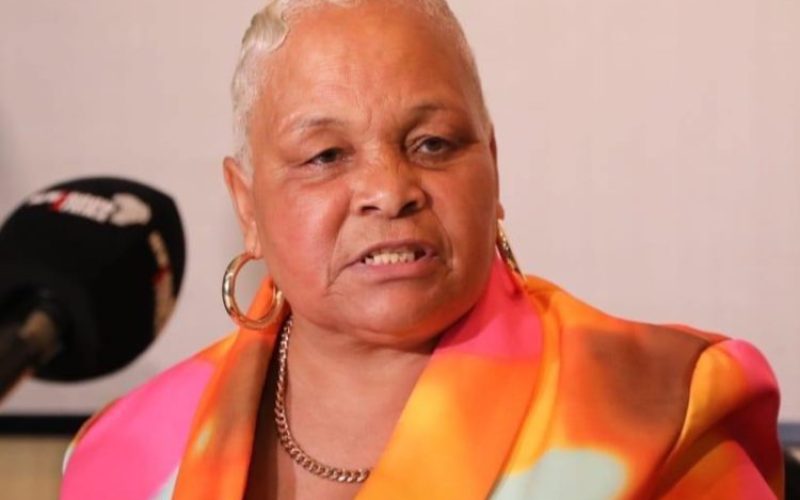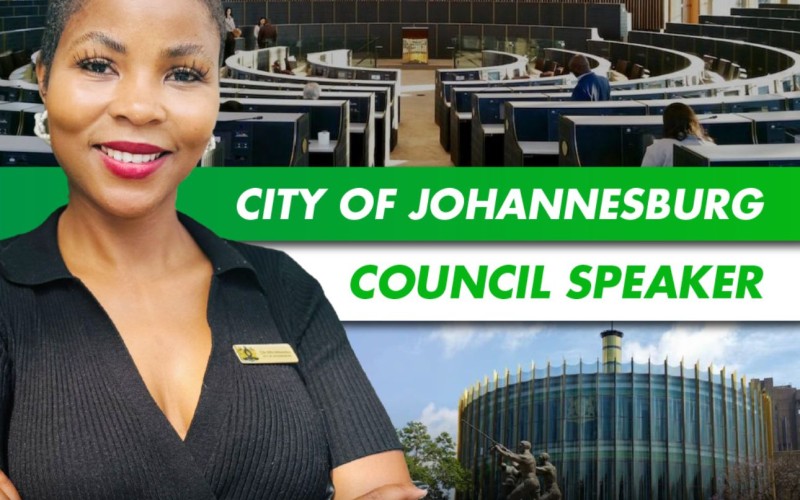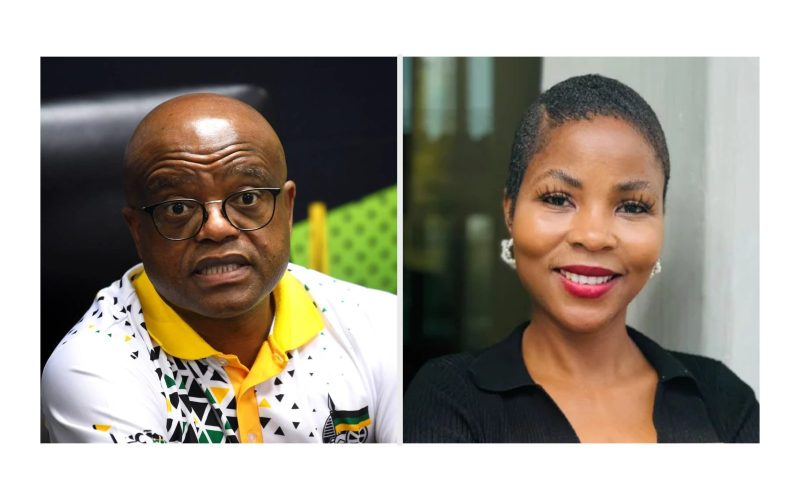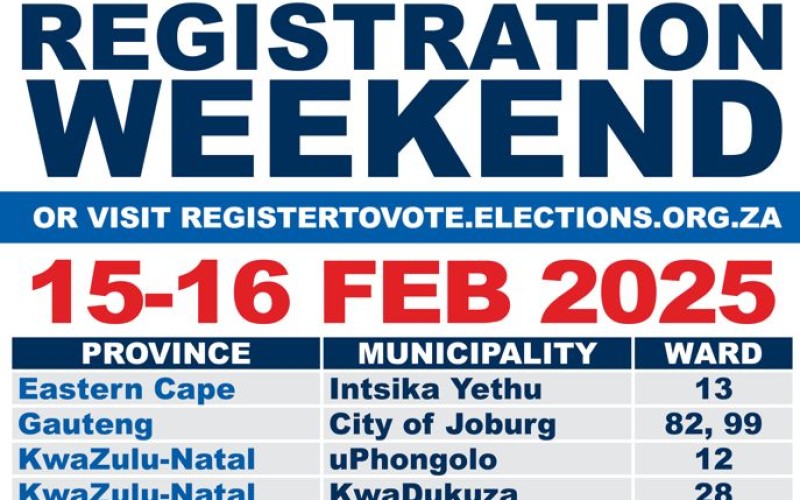The City of Johannesburg is South Africa’s largest city and a prime economic centre. It is the biggest metropolitan municipality (and thus, the biggest municipality overall) in the country by population size, with an estimated to be 6.1 million population. Johannesburg is the biggest contributor to Gauteng’s GDP, with a value of R 959 billion in 2021, accounting for 44.15% of the province’s GDP.
- Coalitions Tracker
Johannesburg
ANC
Largest Party
ANC
Coalition leader
ANC
Current Mayor
5
Changes of Mayors
South Africa's largest city and a prime economic centre - the biggest metropolitan municipality in the country.
Composition of Council
The council has 270 seats, with 18 political parties represented. The ANC is a leading party with 91 seats but falls short of the requisite 136 to govern. The current coalition is made up of ANC, ActionSA, EFF, PA, AIC, IFP, AIC and Al- Jamah totalling 184 seats.
No of Seats per Party
Key Positions in Council
Name
Party
Position
Cllr. Dada Morero
ANC
Executive Mayor
Cllr. Margaret Arnolds
AIC
Speaker
Cllr. Loyiso Masuku
ANC
MMC for Finance
Cllr. Sithembiso Zungu
ANC
MMC: Group corporate and shared services
Cllr. Kenny Kunene
PA
MMC: Transport
Cllr. Eunice Mgcina
ANC
MMC: Development Planning
Cllr. Tebogo Nkonkou
PA
MMC: Community Development
Cllr. Nomoya Daphney Mnisi
ANC
MMC:Economic Development
Cllr. Ennie Makhafola
EFF
MMC: Health and Social Development
Cllr. Mlungisi Mabaso
IFP
MMC: Human settlements
Cllr. Jack Sekwaila
ANC
MMC: Environment and Infrastructure Services
Cllr. Mgcini Tshwaku
EFF
MMC: Public Safety
Historical Timeline
The council was constituted on November 2021 with five changes.
-

Mayor: Cllr. Mpho Phalatse
Party: DA
Votes for: 144Parties for: ActionSA, DA, EFFFrom: 22 November 2021 – 30 September 2022Speaker: Cllr. Vasco da Gama
Party: DA
Votes for: 147Parties for: DA, EFF, ActionSA, VF Plus, ACDP, UDMFrom: 22 November 2021 – 31 August 2022
Speaker: Cllr. Colleen Makhubele
Party: COPE
Votes for: 141Parties for: ANC, EFF, PA, COPE, UDM, AICFrom: 28 September 2022 – 13 November 2022

Mayor: Cllr. Dada Morero
Party: ANC
Votes for: Unopposed by the 145 councillors presentParties for: ANC, PA, UIM, Al Jama-ah, AIC, AHC, UDM, GOOD, COPEFrom: 30 September 2022 – 25 October 2022
Mayor: Cllr. Mpho Phalatse
Party: DA
Votes for: 144Parties for: DA, ActionSA, EFFFrom: 26 October 2022 – 26 January 2023
Mayor: Cllr. Thapelo Ismad
Party: Al Jama-ah
Votes for: 138Parties for: ANC,EFF,COPE,PA, AJama-ah, ATM.From: 27 January 2023 – 24 April 2023
Mayor: Cllr. Kabelo Gwamanda
Party: Al Jama-ah
Votes for: 139Parties for: ANC, EFF, PA, ATMFrom: 5 May 2023 – 16 August 2024Speaker: Cllr. Margaret Arnold
Party: AIC
Votes for: UnopposedParties for: ANC, EFF, PA, COPE, UDM, AICFrom: 20 November 2023 – 16 August 2024

Mayor: Cllr. Dada Morero
Party: ANC
Votes for: 189Parties for: ANC, ActionSA, EFF, PA, IFP, Al Jama-ah, AICFrom: 16 August 2024 – CurrentSpeaker: Cllr. Nobuhle Mthembu
Party: ActionSA
Votes for: 180Parties for: ANC, EFF, ActionSA, AIC, IFP, PA, AL JAMA-AHFrom: 21 August 2024 – 25 June 2025
Speaker: Cllr. Margaret Arnolds
Party: AIC
Votes for: 137Parties for: ANC, EFF, AIC,PA, Al JamahFrom: 3 July 2025 – Current






